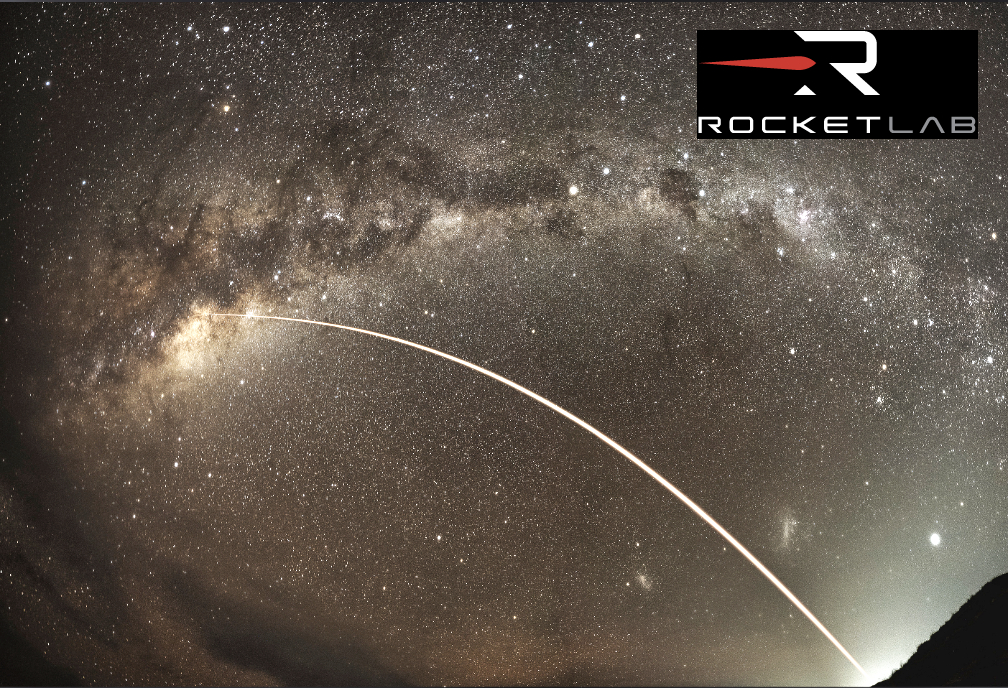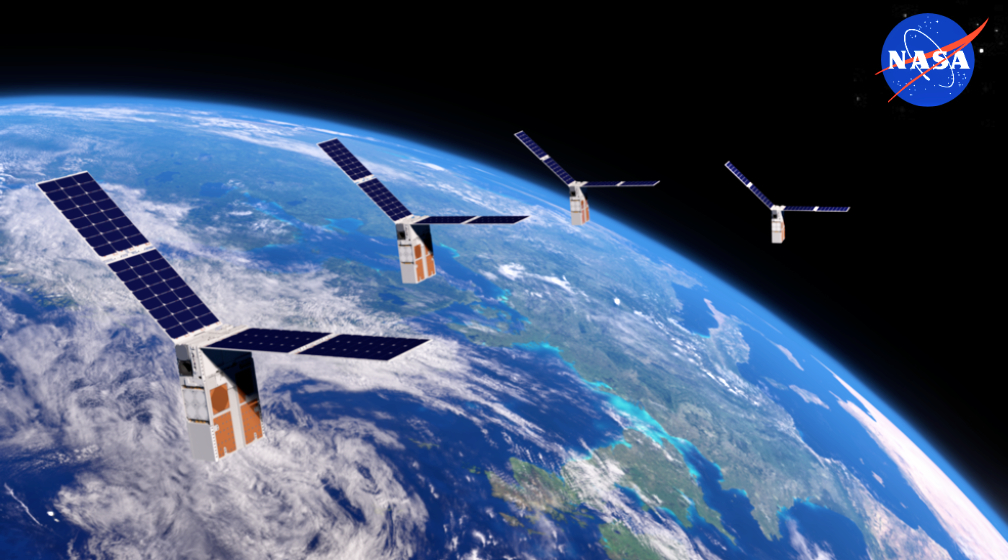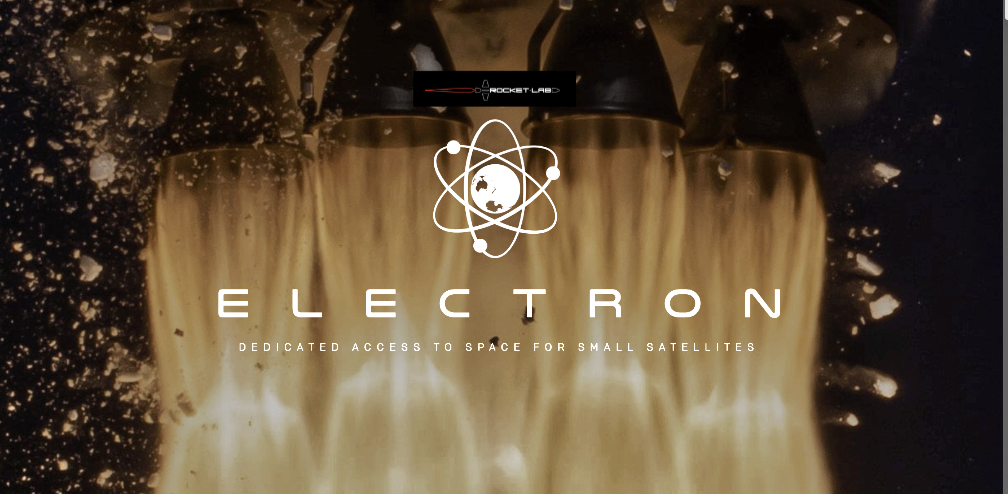
Rocket Lab USA, Inc. (Nasdaq: RKLB) has signed a deal to launch NASA’s Starling mission, a multi-CubeSat mission to test and demo autonomous swarm technologies, as well as automated space traffic management for groups of spacecraft in LEO.

The four Starling smallsats have been manifested on an Electron commercial rideshare mission scheduled for lift-off from Rocket Lab Launch Complex 1 in New Zealand during Q3 of this year. Rocket Lab will deliver the satellites to space within three months of the contract signing.

The Starling mission is designed to test technologies to enable future “swarm” missions. Spacecraft swarms refer to multiple spacecraft autonomously coordinating their activities to achieve certain goals. Starling will explore technologies for in-space network communications, onboard relative navigation between spacecraft, autonomous maneuver planning and execution, and distributed science autonomy.
NASA’s Small Spacecraft Technology program within the agency’s Space Technology Mission Directorate manages the Starling project. The program is based at NASA’s Ames Research Center in California’s Silicon Valley. Starling joins a growing list of NASA missions launched by Rocket Lab since 2018, including the ELaNa-19 educational CubeSat program, the CAPSTONE mission to the Moon, and two dedicated Electron launches for the NASA TROPICS mission.

“Electron has been delivering rapid and reliable access to orbit for NASA since 2018 and we’re delighted to continue that strong heritage with the Starling mission. Starling has the potential to revolutionize the way science is done in orbit and we’re immensely proud to make that possible.”
— Peter Beck, Rocket Lab Founder and CEO
